What is the Japanese Calendar, and what year is it?
/Did you know that Japan has its own numbering system for the years? As well as the Gregorian calendar (the same calendar used in the west, the one that says it's 2019 now), Japan uses another system which names years after the reign of the emperor.
(The western calendar is commonly used too - and the two systems can be used interchangeably.)
So, what's the date?
After Emperor Naruhito ascended to the Japanese throne on 1st May 2019, the new Japanese era Reiwa (令和) began.
This means that 2019 has two different names in Japanese: the first part is named after the previous era. And the second part is named after the new era.
So the period between 1st January and 30th April 2019 was 平成31年 (heisei sanjuuichi nen; Heisei 31).
And the period from 1st May to 31st December 2019 is 令和1年 (reiwa ichi-nen; Reiwa 1) or 令和元年 (reiwa gan-nen; gan-nen being a special word referring to the first year of an imperial reign).
1st June 2019, therefore, can be written in Japanese as:
令和1年6月1日
Reiwa ichi-nen roku-gatsu tsuitachi
(Japanese dates go from big to small: year → month → day)
Or even just as:
1/6/1
Cool, huh?
A year in seven days
Emperor Hirohito died in the 64th year of his reign, on 7th January 1989. So the "year" Showa 64 was only seven days long. The rest of 1989 (from January 8th onwards) got the name Heisei 1.
Date-spotting in Japan
The Japanese date system is commonly used in New Year’s greetings. You might see the year written in kanji on a New Year’s card too.
Can you read the year on this card?
Image source: yubin-nenga.jp
You can also see the Japanese year on coins and banknotes in Japan.
What year is this from?
Image: Wikipedia
You don't need to memorise the dates of all the emperors, though (unless you want to). There are apps and online converters that will tell you any year in the Japanese equivalent.
Should we start calling 2019 “Elizabeth 67”?
If this all seems strange, remember that we do this in other languages, too.
When we talk about "the Victorian era" (the years of Queen Victoria’s rule) or “the Victorians” (people who lived during that time), that's basically the same thing.
We just don’t name the individual years after the current ruler. We could if we wanted, though, I guess...?
Top image source: Wikipedia
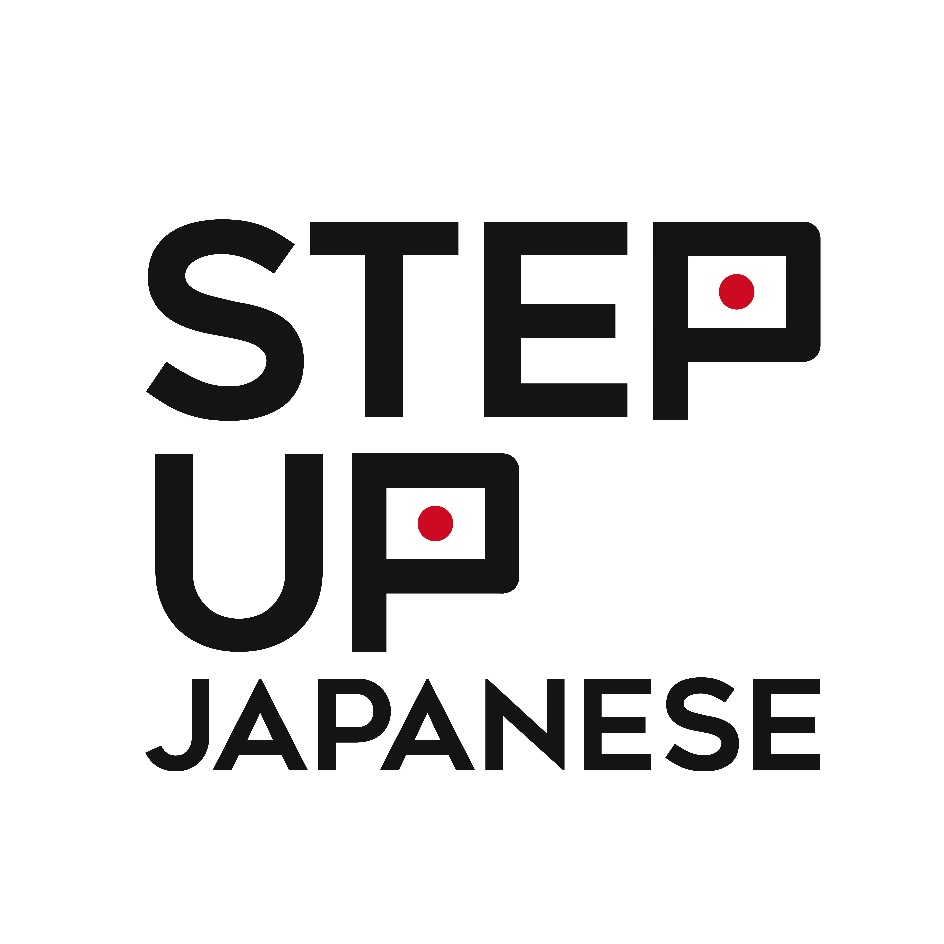







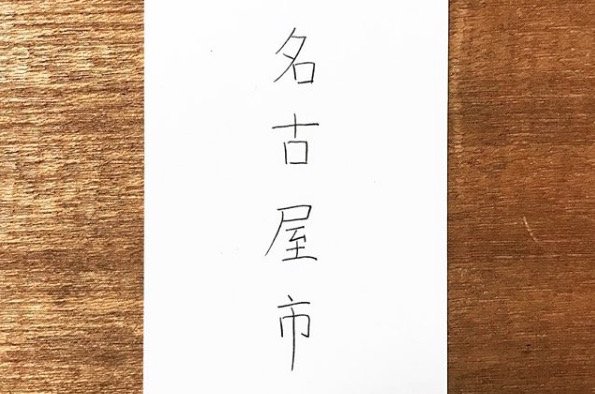

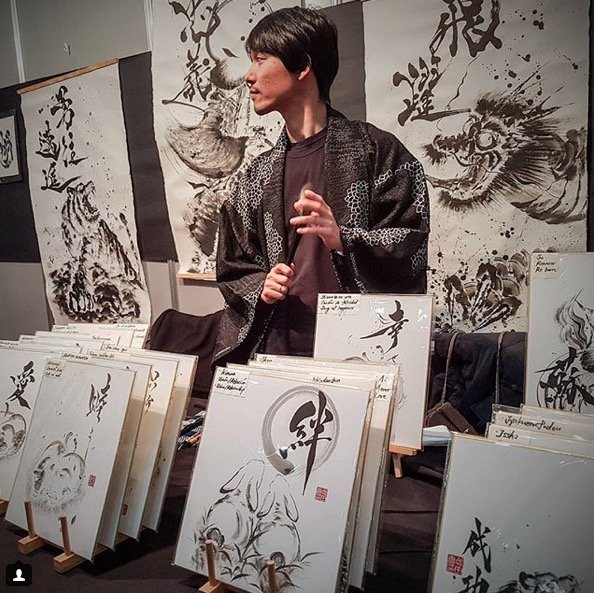
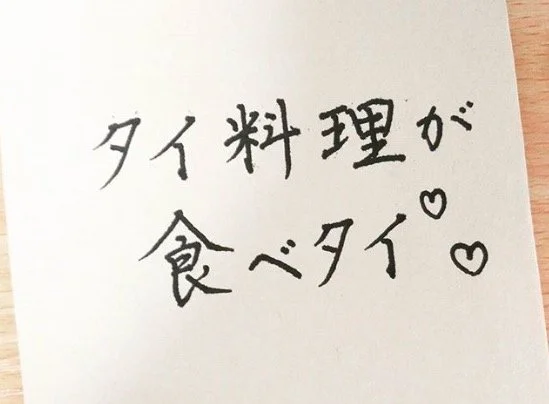
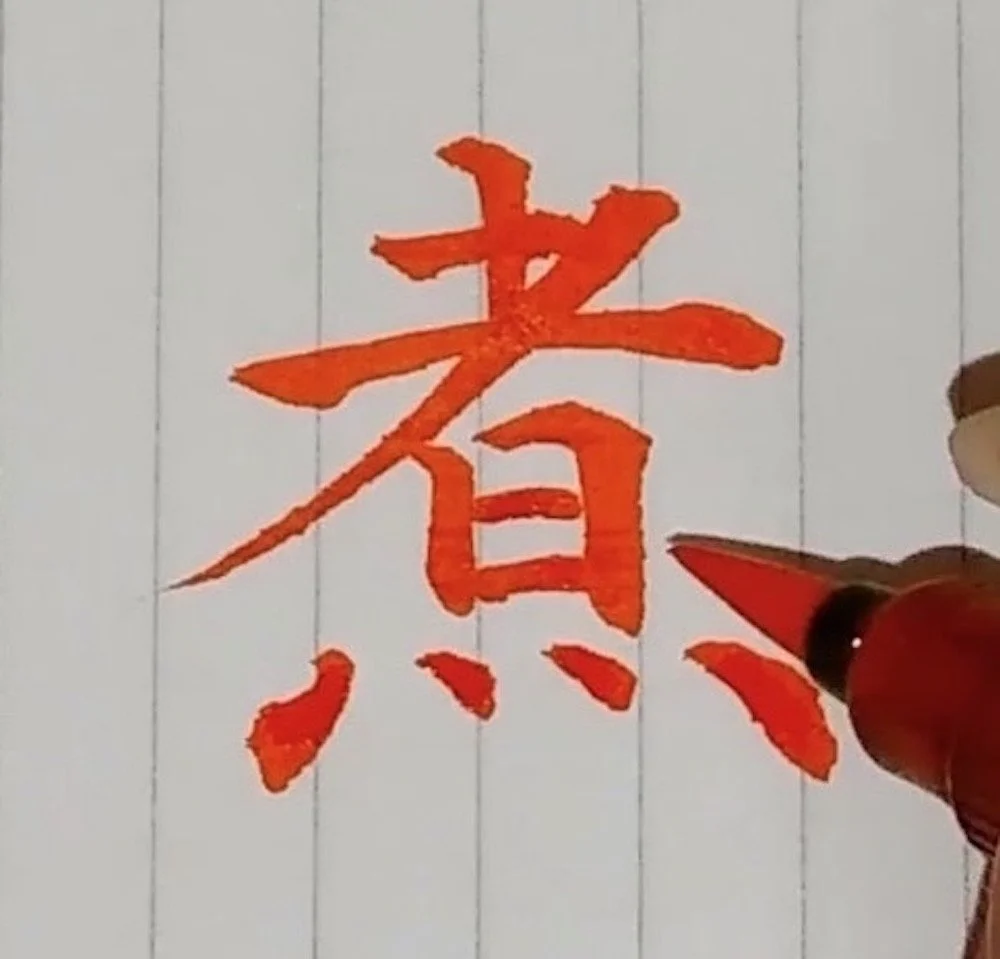
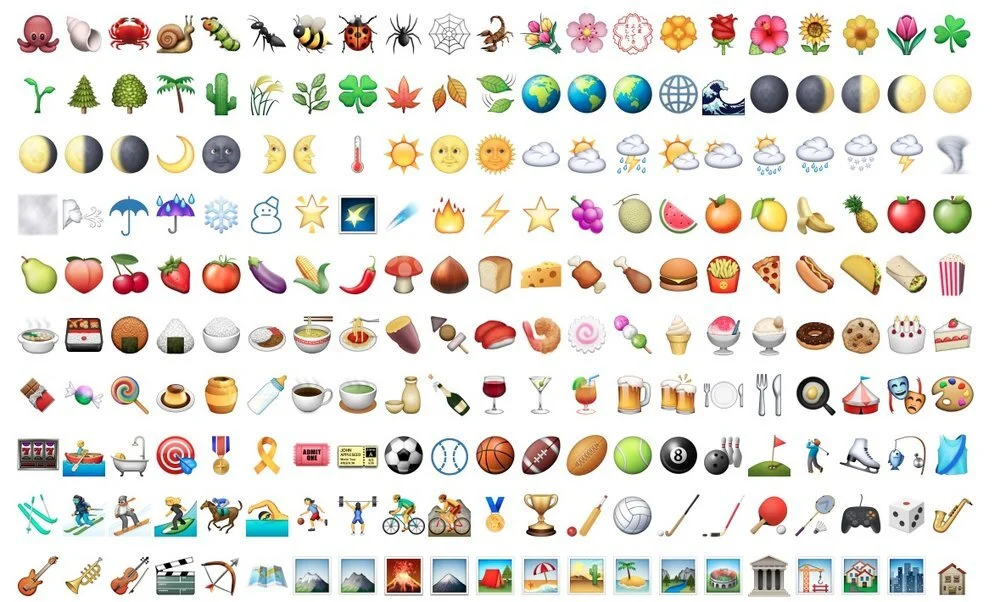





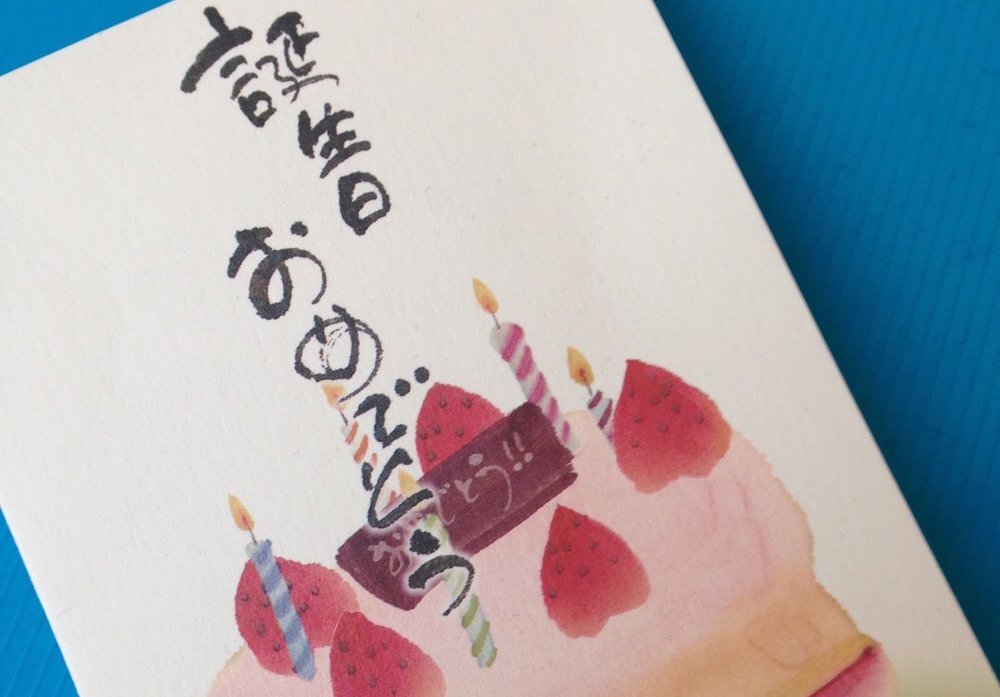




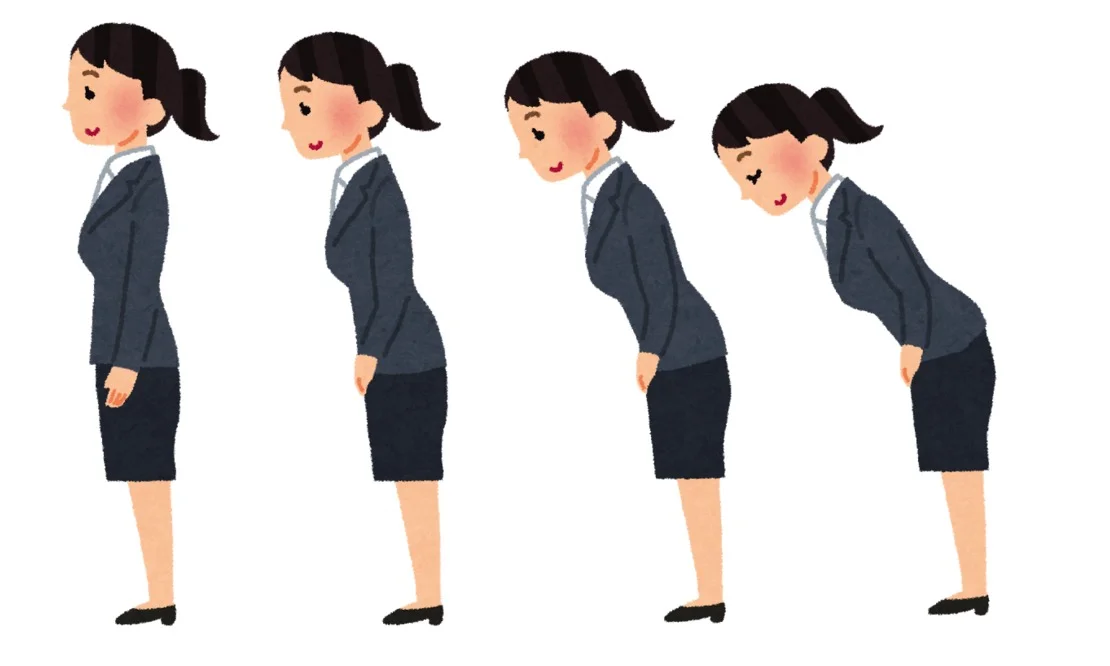








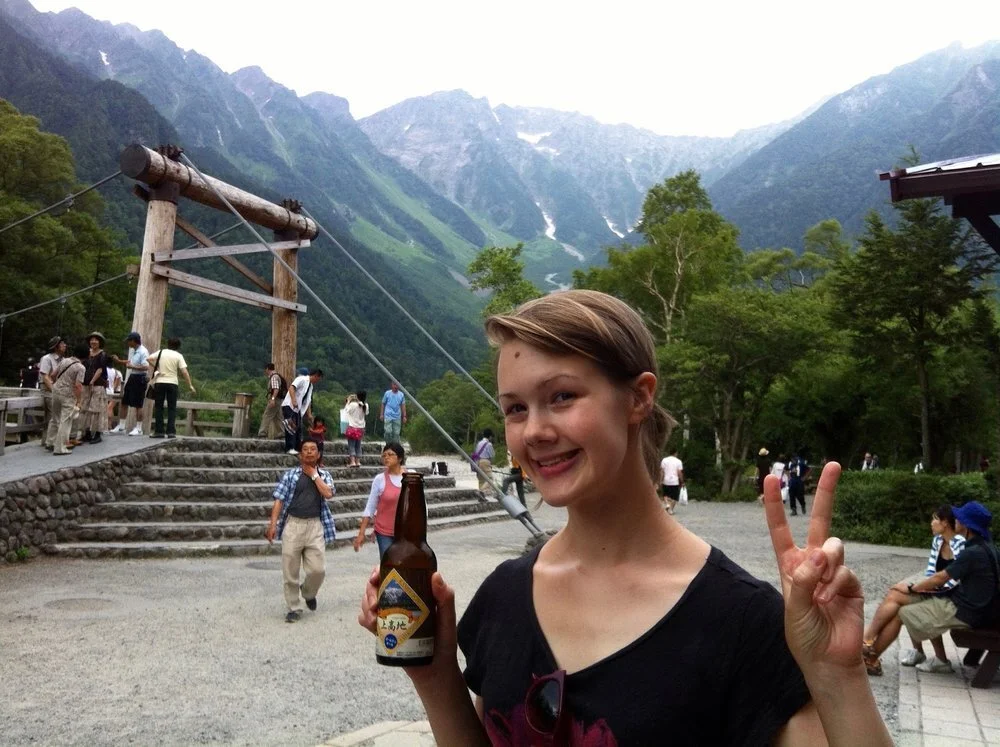
Like many people in the UK, I studied French in school. I liked French. I thought it was really fun to speak another language, to talk with people, and to try and listen to what was going on in a new country. (Still do!)
When I was 14 we went on a school exchange to the city of Reims, in northeastern France. I was paired with a boy, which I’m sure some 14-year-olds would find very exciting but which I found unbearably awkward. He was very sweet and we completely ignored each other.
That was nearly 20 years ago, and I didn’t learn or use any more French until, at some point in lockdown, I decided on a whim to take some one-to-one lessons with online teachers. Here are some things I learned about French, about language learning, and about myself.